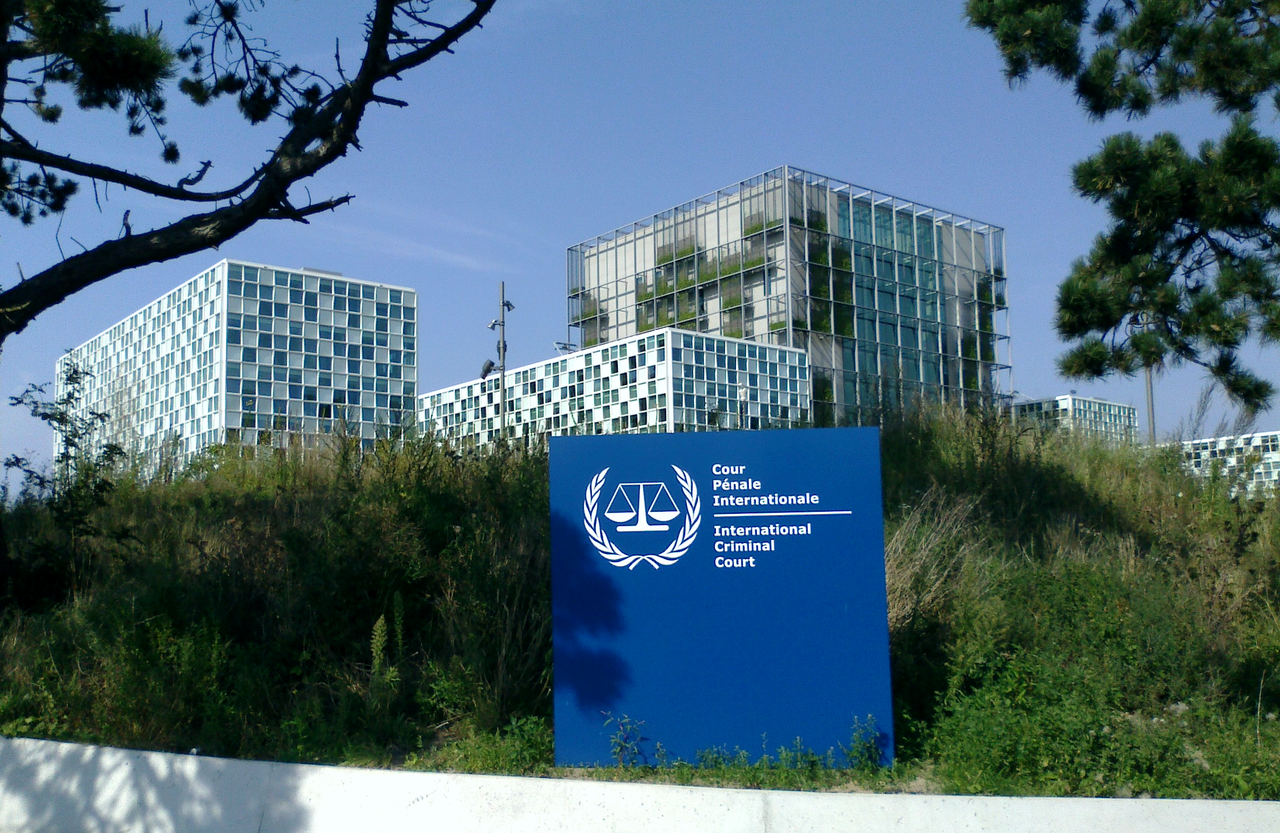The shadow of an international tribunal hangs over the Belarusian regime
 The situation has gotten better
The situation has gotten better

Following the International Criminal Court (ICC) issuing an arrest warrant for the President of the Russian Federation, a similar scenario involving Lukashenka no longer seems impossible. The report of the UN High Commissioner for Human Rights detailed human rights violations by the Belarusian regime, which can be equated with crimes against humanity. Lukashenka’s foreign policy manoeuvres on the “far arc” may provoke a tightening of Western sanctions. The logistic blockade of Belarus is strengthening.
The International Criminal Court (ICC) at The Hague announced that it had issued a warrant for the arrest of Vladimir Putin for the war crime of illegally deporting citizens (children) from occupied regions of Ukraine to the Russian Federation. The ICC is also preparing a further criminal case against Russia for deliberate attacks on Ukrainian civilian infrastructure.
UN High Commissioner for Human Rights, Volker Türk, published a report on the human rights situation in Belarus covering 1st May 2020 to 31st December 2022. The report paints an unacceptable picture of official impunity and the almost total destruction of civil society and fundamental freedoms in Belarus, with some of the violations amounting to crimes against humanity. The report calls on UN member states to consider bringing the perpetrators to justice through national proceedings based on generally accepted principles of extraterritorial and universal jurisdiction.
This potentially opens the way for criminal proceedings against representatives of the Belarusian regime, including Lukashenka himself. The fact that deliberate attacks against the civilian infrastructure of Ukraine were carried out by Russian troops from the territory and airspace of Belarus with the military-technical support of Belarus also contributes to this analysis. The Permanent Mission of Belarus to the UN expectedly characterised the report as disinformation and lies.
Previously, the European Parliament adopted another resolution on the situation in Belarus condemning the latest politically motivated prosecutions, including prison sentences imposed on Nobel laureate Ales Bialiatski, human rights activist Andrzej Poczobut, and the trials in absentia of Sviatlana Tsikhanouskaya, Pavel Latushka and members of the Coordinating Council. MEPs expressed disappointment that Belarus was not included in the 10th package of EU sanctions.
The resolution stresses the need for a comprehensive investigation of the crimes committed by the Lukashenka regime and calls on EU countries to actively apply the principle of universal jurisdiction and prepare indictments against Belarusian officials and expresses regret regarding the visit to Minsk of Peter Szijjártó, the Minister of Foreign Affairs and Trade of Hungary on February 13th noting that this contradicts EU policy towards Belarus and Russia.
The reaction from Minsk was predictable. Belarusian Foreign Minister, Anatol Glaz, alleged that the MEPs’ call to impose additional sanctions against Belarus is an illegal instrument of pressure. The Council of the House of Representatives of the National Assembly of Belarus declared that the resolution distorts the facts and contains unfounded accusations “aimed at discrediting the international image of our country.”
Lukashenka complained to the Pope that he still could not ”explain to the West” the futility of pressure on Belarus.
Meanwhile, his foreign policy manoeuvres in the “far arc” intended to mitigate Western sanctions risk achieving the opposite effect. The US State Department views Lukashenka’s recent visit to Iran through the lens of deepening military-technical cooperation between Tehran and Moscow. According to the American Institute for the Study of War (ISW), sanctions against Belarus may not be enough to prevent Russian sanctions circumvention because Belarus can contribute by secretly transferring Chinese supplies to Russia.
Pressure on Belarus is also increased by the elimination of a pro-Russian spy network consisting of citizens of Ukraine and Belarus by the Polish special services. According to Polish reports, the group was engaged in documenting the transportation of weapons through the territory of Poland to Ukraine and was also preparing acts of sabotage to disrupt supplies.
Despite the lack of consensus within the EU on sanctions against the Belarusian potash sector, the national restrictions of Poland and Lithuania de facto prevent the physical export of potash from Belarus. The Lithuanian railway freight company LTG Cargo has suspended contracts with the Belaruskali owned Birių krovinių Terminalas bulk cargo terminal in the port of Klaipeda.
Overall, the logistical blockade of Belarus is intensifying. Since March 14th, Turkey has ceased providing maintenance services for US-manufactured aircraft under Belarusian and Russian control.
Subscribe to our newsletter




Situation in Belarus
Constitutional referendum: main consequences


 Video
Video
How to count the political prisoners: are the new criteria needed?


 Video
Video
Paternalism In Decline, Belarusian Euroscepticism, And The Influence Of Russia


 Video
Video












